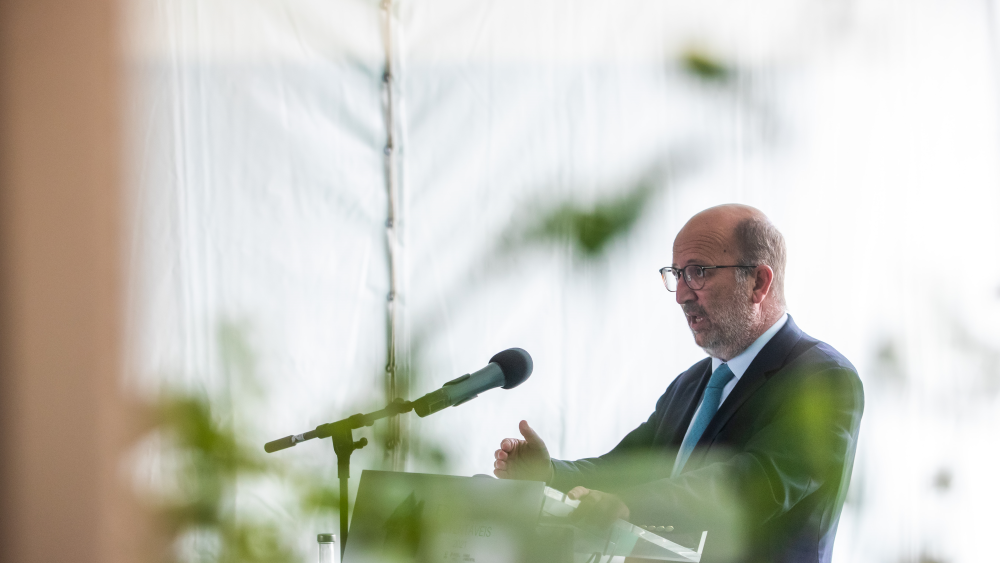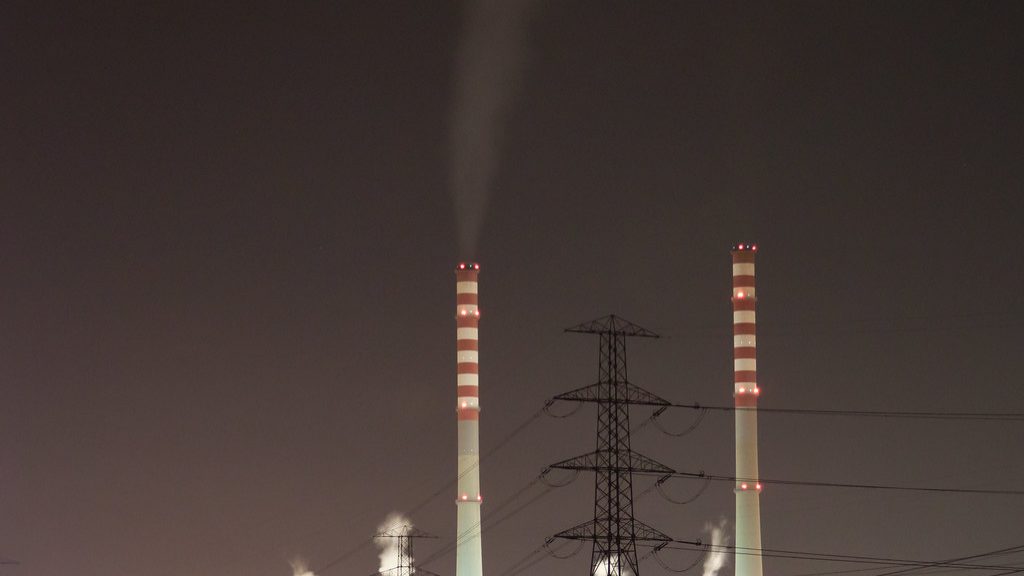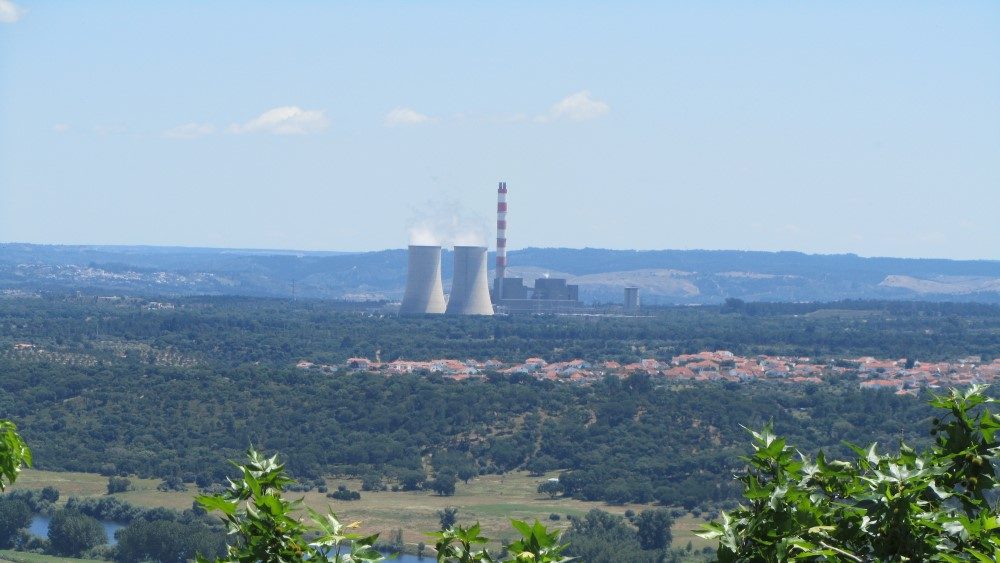Coal-fired power stations will not be reactivated, says Portugal’s Environment Minister
The Minister for the Environment and Climate Action maintains the decision of not reactivating coal-fired power stations, despite the appeal of some.
Maintaining his predecessor’s decision, Duarte Cordeiro confirmed on Friday that he does not intend to reopen coal-fired power stations, despite the appeal of some. The Environment and Climate Action Minister warns that this option would bring more costs for Portuguese consumers and would place Portugal more dependent in energy terms on Russia since that is who dominates the coal market.
“We do not intend to reactivate the coal-fired stations that so many, so often, insist we consider,” Duarte Cordeiro announced to the Portuguese Parliament, continuing the positions defended by João Pedro Matos Fernandes, former Minister for the Environment and Climate Action, who had said that “it would be absolute nonsense” to return to coal-fired energy production because “it would cost a lot of money”. For example, according to Matos Fernandes, the country was paying €100 million a month just to keep the Pego power plant operating.
The new Minister left two arguments to convince those calling to reopen the coal-fired stations: “These, the defenders of a dependent economy and a delayed decarbonisation, don’t even think about the absurd price that electricity would reach, considering its production costs”, he said, adding that “they also haven’t considered the lack of security that would represent the dependence on a market, the one of coal, dominated by Russia”.
In late March, REN CEO Rodrigo Costa said it would be “very good to have alternative plans” when asked about the possibility of reactivating coal-fired power stations. “We think that everything that is being done, is being done well, but we are in a situation of great danger, it can change day by day, we think it is very good to have alternative plans,” he added, quoted by Lusa.
A week earlier, Expresso had reported that the Directorate General of Energy and Geology (DGEG) was studying the possibility of reactivating the Sines and Pego thermoelectric power plants. The entity has asked EDP “to suspend the dismantling of the Sines thermoelectric plant, so that the two generator groups still standing (of the four that existed) can be reactivated if necessary,” according to the weekly newspaper. One of the difficulties would be to have external coal suppliers, which will take time.
In his speech to parliament, Cordeiro said that “the response to the energy crisis is at the top” of his ministry’s priorities. However, he noted that “we do not want just any response, but one that safeguards the limits of the natural system”. The focus is therefore on renewables, accelerating ongoing projects.
The Environment Minister listed four areas for action:
- “Negotiate mechanisms that allow us to disconnect the price of electricity from the price of natural gas”;
- “Accelerate, without diminishing environmental controls, renewable source projects, namely from solar and wind energy, allowing us to save hydroelectric power and conquering greater autonomy in relation to fossil fuels”;
- “Create cushions to lower the price for consumers, domestic and industrial”;
- “Reinforce the diversification of suppliers of energy products, increase interconnections, avoiding the trap of dependence on Russia and investing in our sovereignty and progressive autonomy”.


